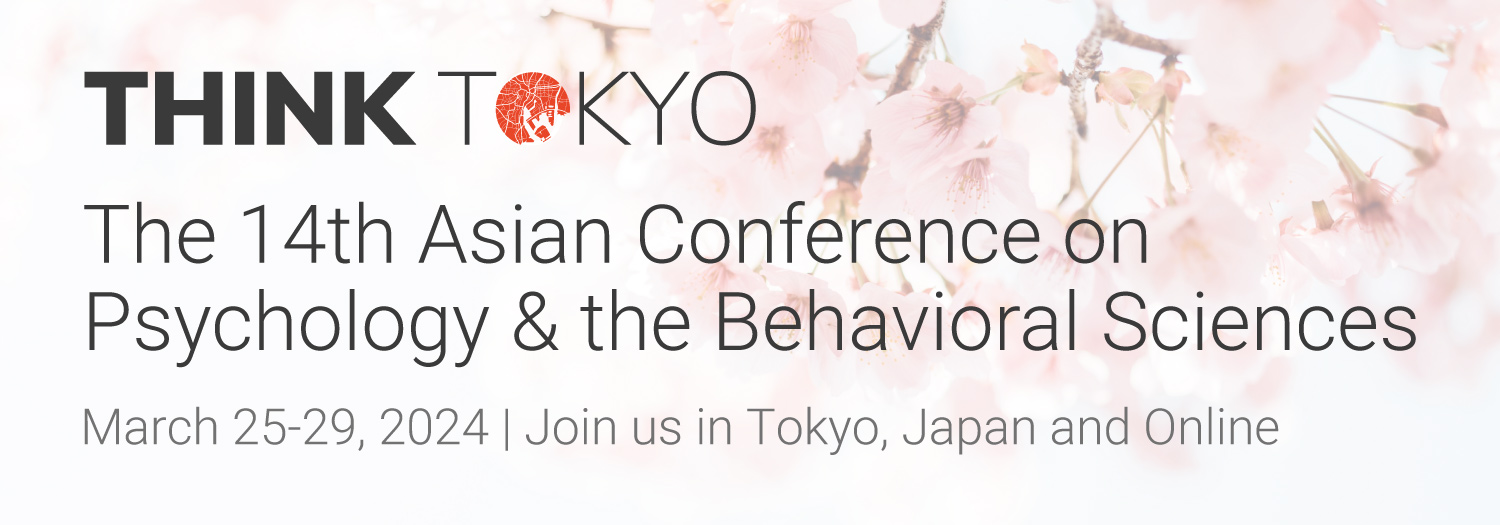Influence of Simulated Experiments on Advanced Subsidiary Physics Education: A Case Study of a Selected Educational Region in Namibia (76942)
Session Chair: Christian Vincente
Friday, 29 March 2024 11:15
Session: Session 2
Room: Room A (Live Stream)
Presentation Type: Live-Stream Presentation
This study delves into the impact of simulated experiments on Advanced Subsidiary Physics education within a specific educational region in Namibia. Focused on a cohort of 410 learners and 12 educators, the research evaluates the efficacy of integrating simulated experiments as a supplementary teaching tool alongside conventional hands-on laboratory practice. Employing a mixed-methods approach, the study combines quantitative insights from questionnaires with qualitative data obtained from interviews with both Physics teachers and learners. The research was conducted in two randomly chosen schools out of eight in the designated region, ensuring a representative sample reflecting the diverse learner and teacher demographics. A total of 152 learners and 2 teachers actively participated in this study. The findings highlight the positive influence of simulated experiments on the learning journey of Advanced Subsidiary Physics learners. Moreover, the adaptable and accessible nature of simulated experiments empowers learners to engage with the subject matter at their own pace, promoting self-directed learning. However, the study recognizes challenges, including potential limitations in practical knowledge depth when compared to traditional hands-on laboratory experiences. Additionally, disparate technology access across schools may affect the equitable integration of simulated experiments. The research recommends a balanced approach that integrates both traditional hands-on experiments and virtual simulations. This holistic method enhances the overall learning experience, fostering a profound understanding of Physics concepts among learners. These findings offer valuable insights for educational policymakers and practitioners, guiding curriculum design and resource allocation to promote effective science education in Namibia.
Authors:
Johannes Shivute, University of Namibia, Namibia
Faustina K. Neshila, University of Namibia, Namibia
Lukas M. Josua, University of Namibia, Namibia
About the Presenter(s)
Mr. Johannes Iiyambo Shivute is currently serving as a Physical Science & Mathematics lecturer at the University of Namibia (UNAM), Namibia.
See this presentation on the full schedule – Friday Schedule





Comments
Powered by WP LinkPress